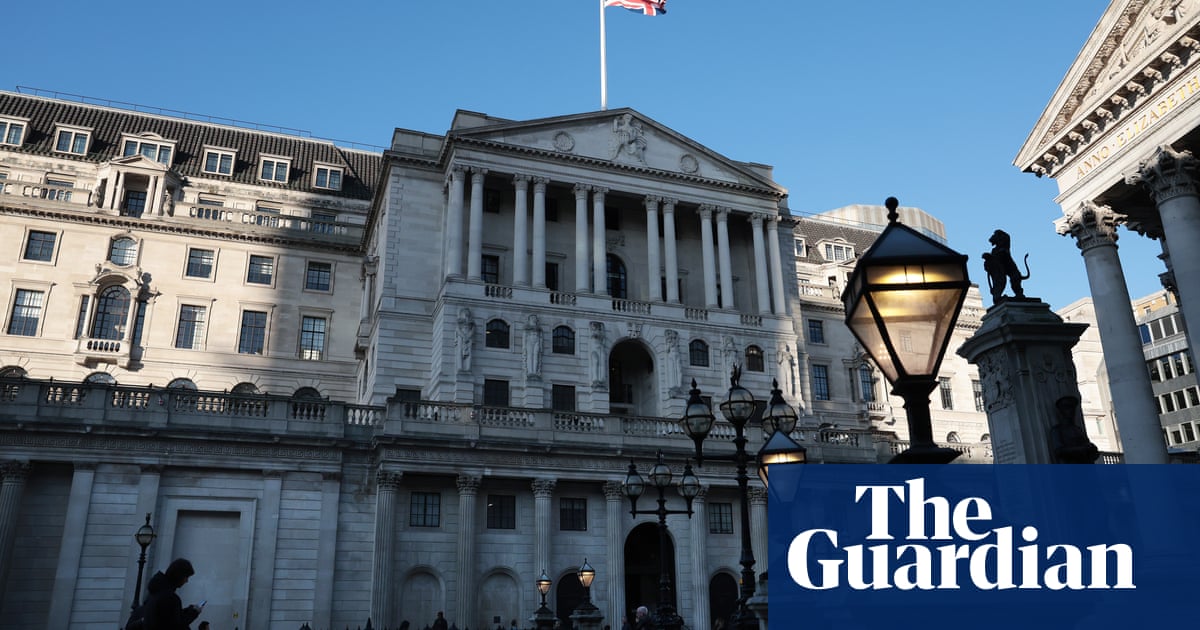HM Revenue and Customs has come under fire for taking more than four months to process tax refunds owed to some individuals and businesses that accountants say used to take a maximum of a few weeks.
The reported delays coincide with anger over a separate HMRC announcement that it is shutting a free-to-use online filing service used by some small businesses.
In recent months, HMRC has been criticised by MPs over issues ranging from long call-waiting times – they have increased to more than 23 minutes on average – to the growing complexity of the tax system.
Last week, parliament’s spending watchdog, the public accounts committee (PAC), said that “taxpayers’ trust in HMRC is falling”, and that attempts to transform its services via the Making Tax Digital programme had imposed hundreds of millions in extra costs on the taxpayer.
Nikki Ainscough, the managing director of York-based Equilibrium Accountants, which specialises in supporting small businesses and charities, said that in cases she was dealing with, HMRC was expected to take more than four months to process refunds of overpaid tax or national insurance.
The delay seems to relate in particular to employers’ pay as you earn (PAYE), and also the Construction Industry Scheme (CIS), which requires contractors within the building sector to make tax deductions on behalf of subcontractors.
Ainscough said one of her clients was owed “quite a bit of money” after making an overpayment on its PAYE bill.
“We are being told they are going to need to wait until August for the funds to be released, for a request we put in [in March],” she said.
She shared a screenshot of HMRC’s response, which said that “you can expect a reply by 22 August 2025”, and that it was “currently processing requests received on 10 December 2024”.
Ainscough said she had run her own accountancy firm for 12 years, and that traditionally it typically took a maximum of four to six weeks for refunds to come through. “I’ve never experienced this … Why has it jumped so significantly?” she said.
“If the backlog is that big, it suggests a high volume of claims and a potentially substantial sum of money that is owing to small businesses and individuals at a time when cashflows are critical.”
HMRC has a website tool that lets people find out when they can expect to receive a reply. Ainscough used it to get an estimate of when another of her clients – who is due a self-assessment refund of more than £1,000 – could expect to receive it, based on a request submitted on 24 April.
The response stated 15 June 2025 and that HMRC was processing claims received on 17 March, which indicates a smaller backlog for self-assessment refunds – butwarned that “we may need a further 12 weeks after 15 June 2025 to issue your repayment”.
It is understood that some of the HMRC staff working on PAYE and CIS refunds have been taking part in industrial action.
An HMRC spokesperson said: “We’re tackling response times for these refund claims by allocating extra staff to work on them.”
The spokesperson added: “We’ve made significant improvements to our customer service overall. Customer satisfaction stands at about 80%, and the funding settlement we have received means we’ll be able to meet our service standards in 2025-26.”
According to HMRC, most refund requests do not require further checks that can take up to 12 weeks.
Another concern to businesses is a recent announcement from HMRC that a free online service for filing company tax returns and accounts will shut for good at the end of March 2026.
This service is used by many small traders to file their annual accounts and calculate their corporation tax, but HMRC said it “does not meet modern digital standards or recent changes to UK company law”, and that from next April they will have to use third-party software.
One reader told the Guardian: “This means people will have to subscribe to a commercial, paid product for the privilege of paying corporation tax to the government.”
One leading provider of accounting software for smaller businesses has plans starting at £15 a month, while some other companies charge more. A one-off purchase of a software package can cost well over £100.
“The online service was simple and fairly straightforward … It seems an incredibly retrograde step to withdraw it,” the reader said.
Ainscough said HMRC had clearly decided it did not want to invest in keeping that software up and running.
“Most people have already been forced on to third-party software,” she said, adding that some of the software companies “are taking full advantage of this” and “cashing in” on people being required to use their software, while others were still offering good value for money.
An HMRC spokesperson said: “This transitional service was introduced in 2015 to help small, unrepresented companies switch to online filing when there was a limited software market. It’s right that we close this outdated support now that there’s a range of commercial software which provides a much better service, and we’ve published guidance to help companies prepare for the change.”

 5 hours ago
7
5 hours ago
7













































